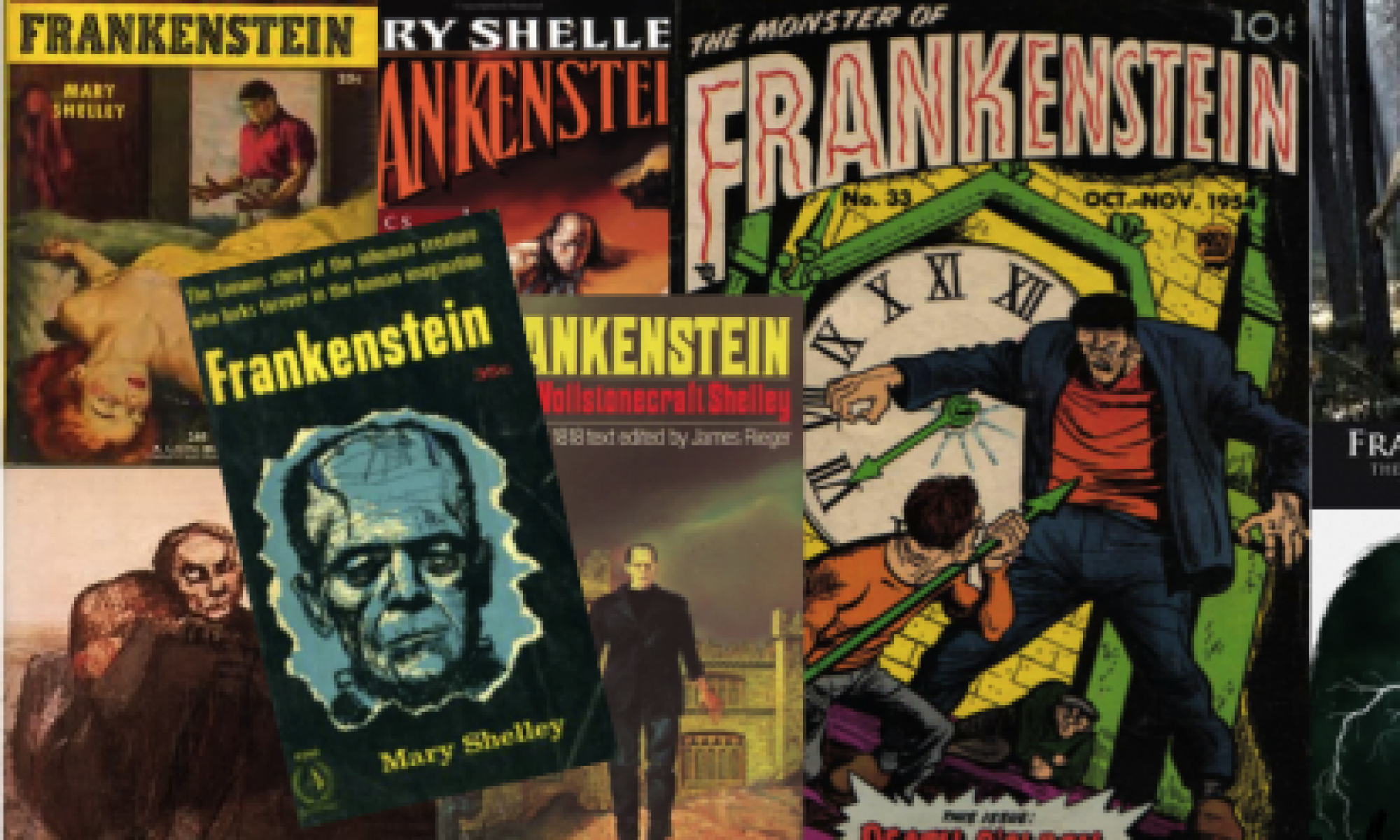Robinson Crusoe is an interesting character that resembles more than just maritime stories. Looking deeper into the book you can see Crusoe’s longing desire for adventure and discovery. He refuses to accept the simple and easy life he was born into. His father promises him a comfortable middle class existence, but Crusoe does not want to give up his dream of exploration. Robinson Crusoe is so determined to leave that he forgoes his inheritance and leaves on a voyage.
It seems to be ironic that someone would be willing to give up an easy life and money for adventure, but remain constantly obsessed with recording the amount of stuff they own. Defoe spent a great deal of time including an account of everything Crusoe was able to accumulate in life and while on the island. It would appear that there is more detail about material things than there is about the description of the island or the sea. A man who set out on adventure and self-discovery by giving up his wealth should not be more interested in recording what he possesses.
Defoe fails in this aspect by using an unchanging character whose values do not align with their true wants. Crusoe continuously fails to recognize the importance and beauty of nature because he is so focused on constant preparation and obtaining more stuff. According to Job 37:14-16, “Listen to this Job; stop and consider God’s wonders. Do you know how God controls the clouds and makes his lightning flash? Do you know how the clouds hang poised, those wonders of him who has perfect knowledge?” Crusoe wanted something more meaningful out of his life, but never succeeded because he couldn’t eliminate his materialistic wants.
